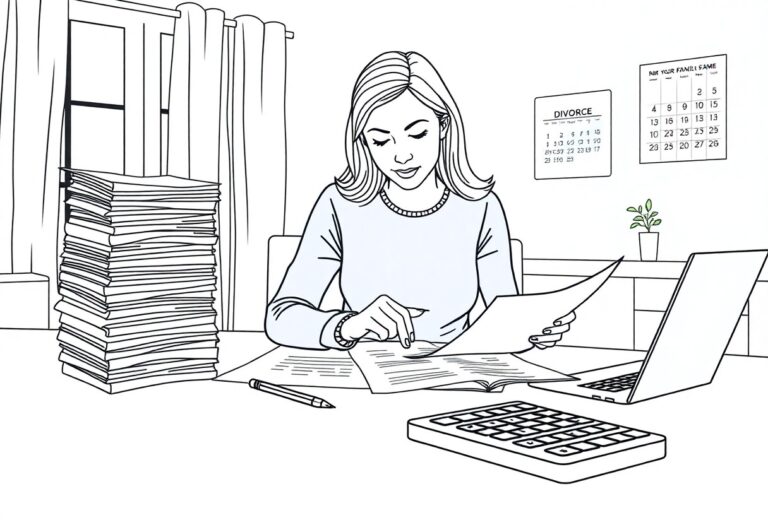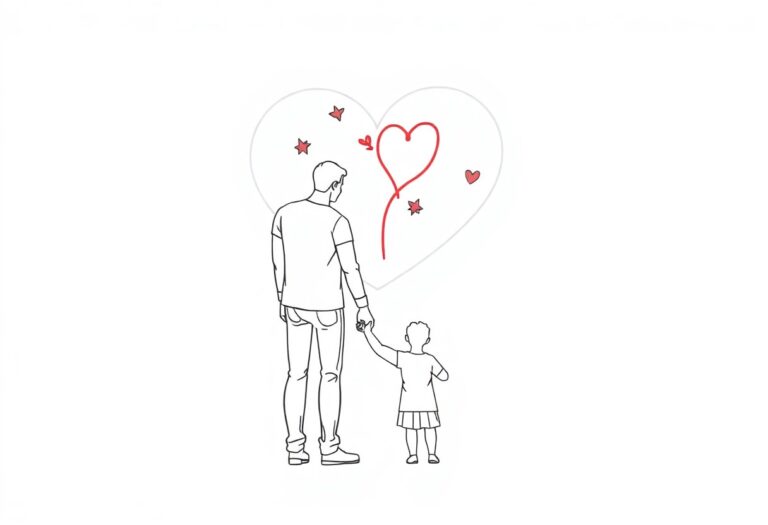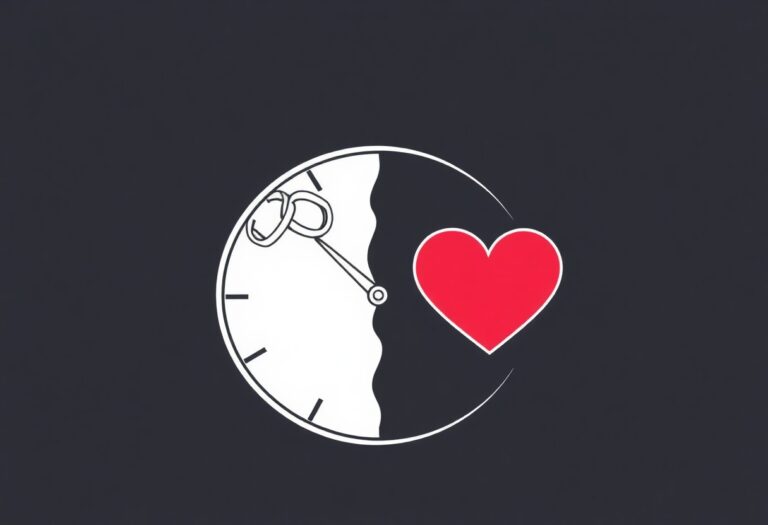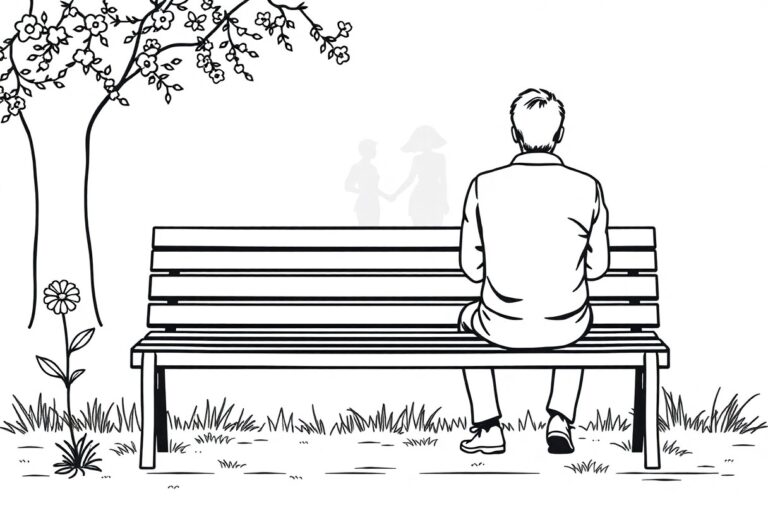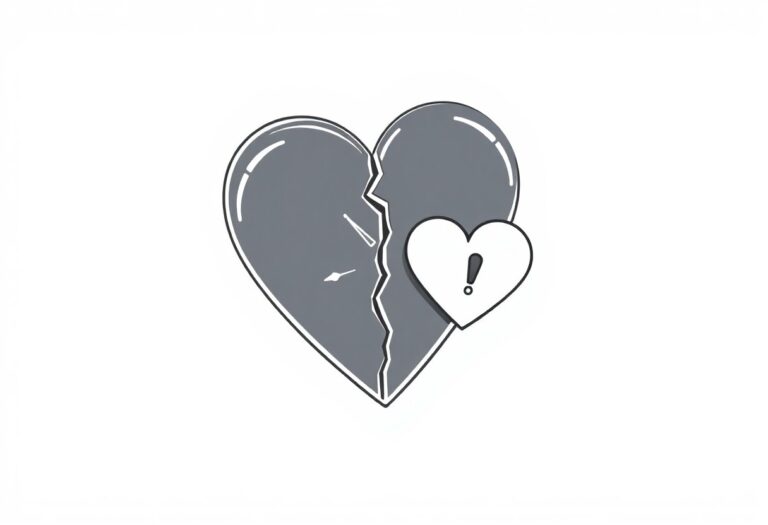From Surviving to Thriving – Real Stories of Divorce Recovery
Thriving after divorce: real recovery stories. Over the years, countless individuals have found themselves grappling with the emotional turmoil of divorce, often feeling as if they are merely surviving. Yet, there is a path forward—a journey from pain to personal growth. In this post, you will discover real recovery stories of thriving after divorce, real recovery stories that illustrate how others have navigated this challenging process. By focusing on practical strategies and uplifting experiences, you can gain valuable insights into how to reclaim your joy and emerge stronger than ever before.
Key Takeaways:
- Divorce recovery is a personal journey, with each individual’s experience shaping their path to healing and growth.
- Support systems, including friends, family, and professional counselling, play a significant role in facilitating emotional recovery and empowerment.
- Sharing personal stories of resilience provides inspiration and encourages others to embrace their own journey towards thriving after divorce.
- Self-care practices, such as mindfulness, exercise, and hobbies, can significantly enhance mental well-being during the recovery process.
- Reframing the divorce experience as a stepping stone for personal growth can lead to new opportunities and a fulfilling life beyond the relationship.
Understanding Divorce Recovery
The journey of recovering from divorce is unique for everyone, characterized by a range of emotions and experiences. Understand that embracing this journey is imperative for personal growth and healing. It’s important to recognize the challenges and to actively work towards building a fulfilling life post-divorce. This chapter will guide you through the emotional stages and provide insights on navigating the path to recovery.
Emotional Stages of Divorce
Before you can truly move forward, it’s vital to acknowledge the emotional stages that accompany a divorce. These can include denial, anger, bargaining, depression, and acceptance. Each stage may unfold differently for you, and recognising where you are in this process is vital for your emotional health. Accepting and processing these feelings can pave the way to recovery.
The Path to Healing
Stages of healing often require you to embrace new routines, seek support, and focus on self-care. Finding activities that bring you joy and fulfilment can play a significant role in your recovery. Connecting with friends, family, or professional support groups can facilitate the healing process. Cultivating a positive mindset and actively engaging in your own growth will accelerate your journey.
Thriving After Divorce: Real Recovery Stories
Indeed, the path to healing is filled with various challenges and opportunities for self-discovery. You may encounter setbacks, but it’s about persevering through them. Engaging in therapy or personal development can provide valuable insight into your emotions and decision-making. Creating a structure for your daily life, setting realistic goals, and surrounding yourself with supportive individuals will reinforce your commitment to move forward. Embrace this time as a chance to redefine your identity and build a happier future.
Real Stories of Resilience
Some individuals have faced the daunting journey of divorce head-on, transforming their struggles into stories of resilience. They have navigated the emotional chaos that often accompanies separation and emerged stronger, more self-aware, and empowered to embrace new beginnings. Each story is unique, yet they all share a common thread: the unwavering spirit to rebuild and thrive. These are tales of personal growth and determination that can inspire you on your own path to recovery.
Overcoming Depression and Anxiety
One woman’s journey sheds light on the heavy burden of depression and anxiety that can accompany divorce. Through therapy, self-compassion, and the support of loved ones, she learned to manage her feelings and gradually find joy in everyday moments. Acknowledging her struggles allowed her to reclaim her identity and build a life of purpose beyond the pain.
Finding Strength in Community
About the power of community, many people have discovered that the support network around them can significantly enhance their healing process. Engaging with others who have faced similar challenges not only provides comfort but also fosters a sense of belonging.
Thriving After Divorce: Real Recovery Stories

The path to recovery can often feel isolating, but finding strength in community can transform your experience. By connecting with peer support groups, friends, or family who understand your struggles, you create a foundation of encouragement and empowerment. You learn from shared stories, draw strength from collective resilience, and develop meaningful relationships that help dismantle feelings of loneliness. This supportive environment helps you rebuild self-esteem and embrace a new chapter in your life, filled with opportunities for growth and renewal.
The Role of Support Systems
After a divorce, establishing a strong support system can be pivotal to your recovery journey. Surrounding yourself with understanding individuals who can empathise with your situation provides emotional sustenance. Support systems offer diverse perspectives, helping you navigate the complexities of your feelings and decisions, ultimately allowing you to transition from surviving to truly thriving.
Family and Friends
By tapping into your network of family and friends, you create an invaluable resource for support. These individuals can provide not only a listening ear but also practical assistance and companionship during difficult times. Sharing your experiences fosters connection and understanding, making it easier for you to heal and regain your sense of self.
Professional Guidance
After going through a divorce, seeking professional guidance can offer you tailored support that family and friends may not be able to provide. Engaging with therapists, counsellors, or support groups can facilitate deeper introspection and healing.
Due to the emotional turmoil that often accompanies divorce, professional guidance plays a key role in ensuring you cope effectively. Therapists can provide strategies for managing anxiety, while support groups can connect you with others who share similar experiences. This creates a safe environment where you can express feelings openly and receive constructive feedback. By forming a relationship with a professional, you can explore personal growth and build resilience, empowering you to look toward the future with optimism.
Self-Discovery and Personal Growth
To initiate a journey of self-discovery and personal growth after divorce is to reclaim your life and reshape your identity. This transformative process allows you to reflect on your experiences, learn valuable lessons, and emerge stronger than before. As you navigate the emotional landscape of recovery, you will uncover your true passions, strengths, and aspirations, fostering a sense of purpose and fulfilment.
Rediscovering Identity
Across the journey of healing, you will find opportunities to rediscover who you are outside of the roles you once held. The end of your marriage creates space for you to explore new facets of your personality and values, ultimately leading to a more authentic version of yourself.
Pursuing New Interests
About a new chapter in your life, pursuing new interests is a powerful way to ignite your passion and enthusiasm. Engaging in activities that resonate with you not only enhances your skills but also provides a much-needed outlet for creativity and self-expression.
Personal growth often comes from the willingness to explore and engage in new experiences. You may find joy in taking up a new hobby, such as painting or hiking, or in learning a new skill, like cooking or playing an instrument. Embracing these interests can lead to enhanced self-esteem and fulfil your need for connection and achievement. Each activity can serve as a stepping stone toward reestablishing your identity and bringing renewed purpose into your life post-divorce.
Tips for Thriving After Divorce
Keep moving forward by implementing strategies that support your journey. Focus on self-care and rediscovering your passions through these key tips:
- Prioritise your mental health.
- Establish a healthy routine.
- Connect with a support network.
- Invest time in personal growth.
- Consider professional guidance when needed.
After embracing these tips, you’ll be well on your way to thriving post-divorce.
Setting Goals for the Future
Behind every successful recovery is a clear vision for what lies ahead. Setting personal and professional goals can provide motivation and direction. Break these goals down into manageable steps to help you remain focused and empowered on your path to a fulfilling life.
Building Healthy Relationships
For you, nurturing healthy relationships is vital for emotional strength. Surround yourself with individuals who uplift and inspire you, and maintain boundaries to protect your well-being. Seek connections that promote positive energy and encourage your growth.
For instance, joining a community group or exploring new social circles can expose you to positive influences. Engaging in shared activities offers opportunities to form deep connections while fostering a sense of belonging and support. It’s important to note the potential risks of surrounding yourself with toxic relationships, as they can hinder your recovery journey. By recognising these dynamics, you can cultivate friendships that align with your renewed sense of self and protect your emotional health.
Moving Forward: A New Perspective
Many individuals find that embracing a new perspective post-divorce can pave the way toward a more fulfilling life. Shifting your mindset from the past to future possibilities allows you to cultivate resilience and hope. This change in outlook can help you navigate the challenges ahead with renewed strength and optimism, unlocking opportunities for personal growth and lasting happiness.
Embracing Change
On the journey of recovery, embracing change is not merely an option; it’s a necessity. By acknowledging that change is a natural part of life, you can begin to find strength in uncertainty, opening yourself to new experiences, relationships, and opportunities that can enrich your life.
Learning from Experience
To truly move forward, capturing the lessons evoked by your experiences is vital. Reflecting on your past not only highlights what you want but also underscores what you wish to avoid in the future.
Due to the various challenges that arise from divorce, personal growth often stems from reflecting on and understanding your journey. You may find that recognising patterns in your past relationships facilitates improved communication and emotional intelligence in future interactions. Additionally, identifying your values will empower you to set healthier boundaries and attract relationships that align with your true self. Each lesson learned becomes a stepping stone, propelling you toward a future that’s not just about surviving, but thriving.
Final Words
Upon reflecting on the journey from surviving to thriving after divorce, you can recognize the immense strength that lies within your recovery process. By embracing real stories of triumph and learning from others who have walked similar paths, you empower yourself to reshape your narrative. Each experience shared serves as a testament to resilience, illustrating that healing is not only possible but can also lead to a vibrant life filled with new possibilities. Your journey can inspire others, reminding you that thriving is within your reach.
Thriving after divorce real recovery stories – FAQ
Q: What is “From Surviving to Thriving – Real Stories of Divorce Recovery” about?
A: This book shares personal narratives from individuals who have navigated the difficult journey of divorce. It focuses on their experiences, the challenges they faced, and the strategies they employed to rebuild their lives. The aim is to provide encouragement and insight for those currently going through similar situations, highlighting the potential for growth and renewal after a marriage ends.
Q: Who can benefit from reading this book?
A: Individuals who are experiencing divorce or have recently gone through one will find this book particularly helpful. It also serves as a resource for friends and family members seeking to understand the emotional landscape of divorce. Additionally, professionals in the counselling and support sectors may find the stories and lessons valuable for guiding their clients.
Q: How does the book approach the topic of healing after divorce?
A: The book emphasises a holistic approach to healing by presenting various stories that highlight different coping mechanisms, personal growth, and self-discovery. It showcases a range of experiences—from overcoming feelings of loss to embracing new beginnings. Readers will observe that while the journey may be challenging, it can also lead to empowerment and a fulfilling life beyond divorce.
Q: Are the stories in the book based on real experiences?
A: Yes, each story featured in the book is based on real-life experiences of individuals who have undergone the process of divorce. The narratives are crafted to reflect authentic emotions, struggles, and triumphs, helping readers connect with the authors on a personal level and drawing inspiration from their journeys.
Q: Can this book provide actionable steps for those healing after a divorce?
A: While the book primarily focuses on personal stories, it also includes reflections and insights that can serve as actionable steps for readers. Many contributors share lessons learned and practical advice based on their own recovery process, allowing others to adopt or adapt these strategies to their own journeys. It represents a supportive companion for anyone looking to transition from surviving to thriving post-divorce.
Dating after divorce | Separation and divorce | divorce mediation


